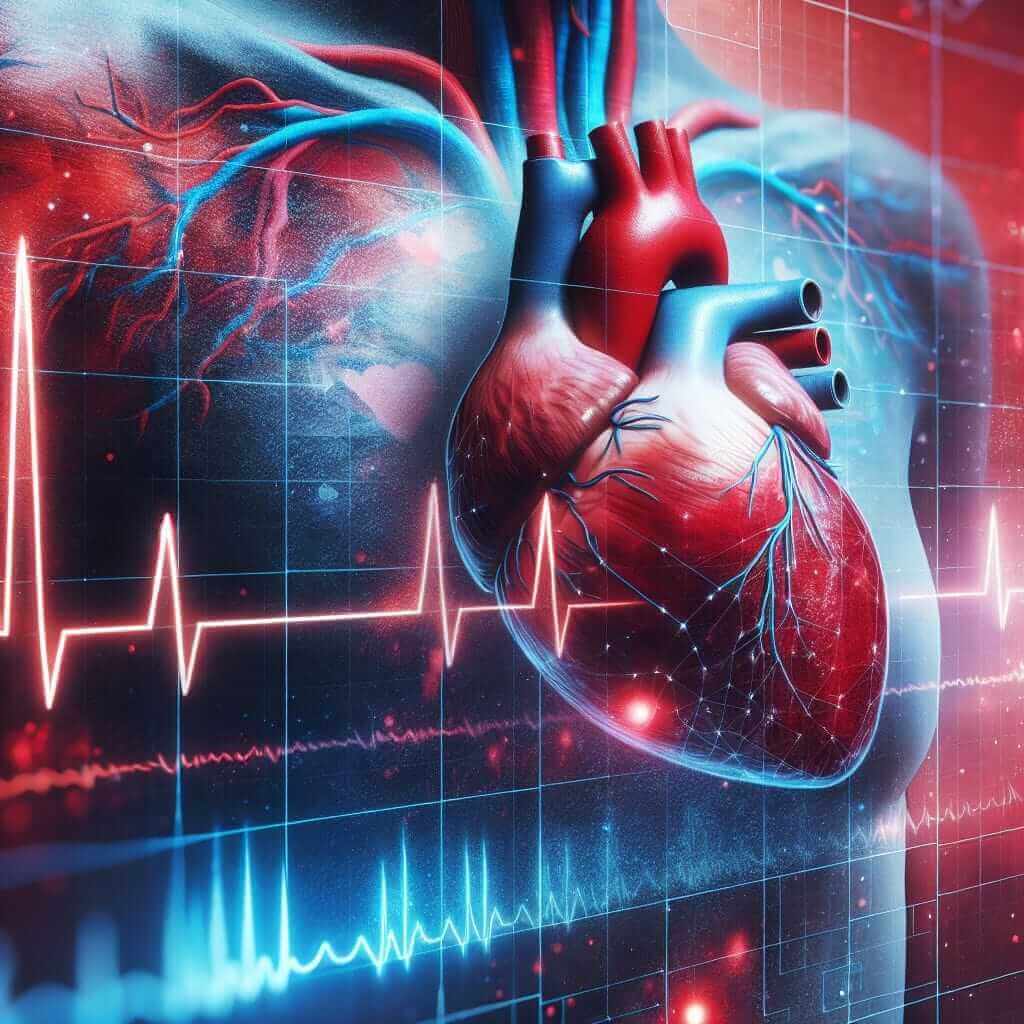In the realm of medical English and the IELTS exam, understanding specific vocabulary is crucial. “Cardiac arrest” is one such term, frequently appearing in listening sections, reading passages, and even writing tasks related to healthcare.
Here are some synonyms and related terms:
- Heart attack (n.) /ˈhɑːrt əˌtæk/: a sudden serious medical condition in which the heart muscle becomes damaged because not enough blood is reaching it, often causing severe pain in the chest and left arm.
Example: He was rushed to the hospital after suffering a suspected heart attack. - Myocardial infarction (n.) /ˌmaɪoʊˈkɑːrdiəl ɪnˈfɑːrkʃən/: a technical term for a heart attack.
Example: Myocardial infarction is a leading cause of death worldwide. - Cardiopulmonary resuscitation (CPR) (n.) /ˌkɑːrdioʊˈpʌlməˌneri rɪˌsʌsɪˈteɪʃən/: an emergency procedure performed on someone whose heart has stopped beating.
Example: The paramedics performed CPR on the accident victim. - Defibrillator (n.) /ˌdiːˈfɪbrɪˌleɪtər/: a device that gives an electric shock to the heart to try to restore a normal rhythm.
Example: Public access to defibrillators has been shown to save lives.
Deconstructing “Cardiac Arrest”
- Cardiac (adj.) /ˈkɑːrdiæk/: relating to the heart.
- Arrest (n.) /əˈrest/: a sudden stop.
Therefore, “cardiac arrest” refers to the sudden cessation of heart function.

Applying “Cardiac Arrest” in the IELTS
Listening Section
You might hear “cardiac arrest” in a lecture about first aid training or a news report about a health crisis.
Example:
“…the patient went into cardiac arrest shortly after arriving at the emergency room…”
Reading Section
An article on advancements in medical technology could mention new treatments for “cardiac arrest”.
Example:
“…the development of portable defibrillators has significantly improved survival rates following cardiac arrest…”
Writing Section
An essay task might ask you to discuss the importance of health education in preventing lifestyle diseases. You could use “cardiac arrest” as an example of a serious health risk.
Example:
“… unhealthy diets and lack of exercise increase the risk of developing heart disease, which can ultimately lead to cardiac arrest…”
Speaking Section
If the topic is healthcare, you might use “cardiac arrest” when discussing emergency procedures or the importance of healthy living.
Example:
“Knowing how to perform CPR can be crucial in the event of a cardiac arrest…”
Collocations and Idioms
- Suffer a cardiac arrest: The elderly man suffered a cardiac arrest while gardening.
- Go into cardiac arrest: The patient went into cardiac arrest during surgery.
- Revive someone from cardiac arrest: The paramedics were able to revive him from cardiac arrest.
Conclusion
Understanding medical terms like “cardiac arrest” is essential for achieving a high score in the IELTS exam. By familiarizing yourself with related vocabulary and practicing using these terms in context, you can demonstrate your command of English and excel in all sections of the test. Remember to pay close attention to the context surrounding the term to fully grasp its meaning and usage.